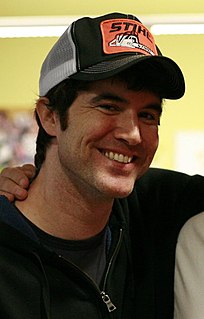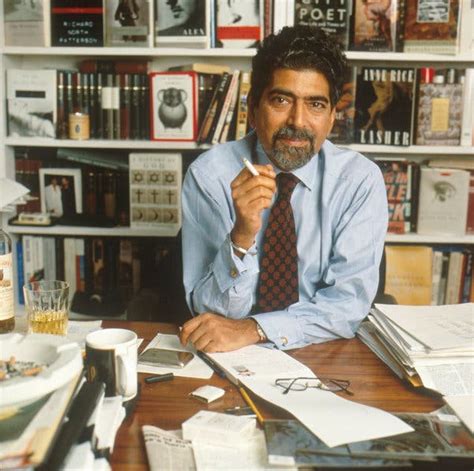A Quote by James O'Toole
Recently, there has been a profound change in how we think about corporate leadership. The 1990s was the era of celebrity leaders: we focused on Jack Welch, and not GE, on Bill Gates, and not Microsoft, on Steve Jobs, and not Apple, on Larry Ellison and not Oracle. But, on reflection, the records of most high-profile leaders have not withstood closer scrutiny. In almost all cases, it turns out that the success of organizations is due to the collective efforts of many, and not to the genius of a single, all-powerful individual at the top.
Quote Topics
About
Almost
Almost All
Apple
Been
Bill
Bill Gates
Cases
Celebrity
Change
Closer
Collective
Collective Effort
Corporate
Due
Efforts
Era
Focused
Gates
Genius
High
High-Profile
How
Individual
Jack
Jobs
Larry
Leaders
Leadership
Many
Microsoft
Most
Oracle
Organizations
Out
Powerful
Profile
Profound
Recently
Records
Reflection
Scrutiny
Single
Steve
Success
Think
Top
Turns
Related Quotes
But for those who really want to make the world a better place, can we start looking at Bill Gates's path instead of Steve Jobs? I like my iPad, but Gates is one of the greatest heroes of our time. For me, that has nothing to do with Microsoft and everything to do with the Bill & Melinda Gates Foundation.
The success of corporate mentorship programs developed by some of the Great Teams in business demonstrates how powerful this concept can be and what a difference it can make. As General Electric has shown, when a corporate culture includes mentorship, the end result is a dynamic learning environment with leaders constantly shaping leaders.
In the 1980s and 1990s, Jack Welch, the CEO of General Electric, laid off over 100,000 employees. His reward? When he retired from GE, he received a golden parachute of over $400 million dollars. This is the kind of corporate greed and irresponsibility that is destroying the middle class and must be ended.
Like Richard Ellmann on James Joyce, Arnold Rampersad on Ralph Ellison is in a class of its own. His masterful and magisterial book is the most powerful and profound treatment of Ellison's undeniable artistic genius, deep personal flaws, and controversial political evolution. And he reveals an Ellison unbeknownst to all of us. From now on, all serious scholarship on Ellison must begin with Rampersad's instant and inimitable classic in literary biography.
When you coach and teach leadership, most people think about them. It's like you're the leader and how do you influence them. Clearly, leaders do take their followers, their flock, their enterprise, their business - whatever - hopefully to a better place. But I think the foundation of what makes really great leaders is they lead themselves, and they're conscious about knowing themselves and coaching and leading themselves in a very profound way. The simplest of us talk to ourselves. The question is, "Do we really lead ourselves?"
All efforts at self-transformation challenge us to engage in on-going, critical self-examination and reflection about feminist practice, and about how we live in the world. This individual commitment, when coupled with engagement in collective discussion, provides a space for critical feedback which strengthens our efforts to change and make ourselves anew.



































